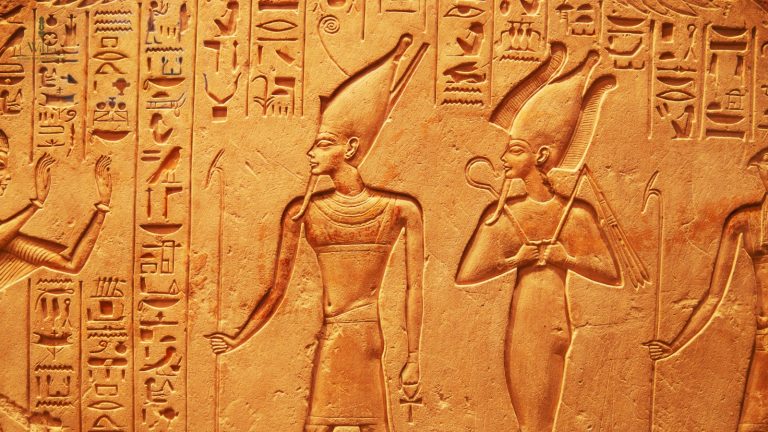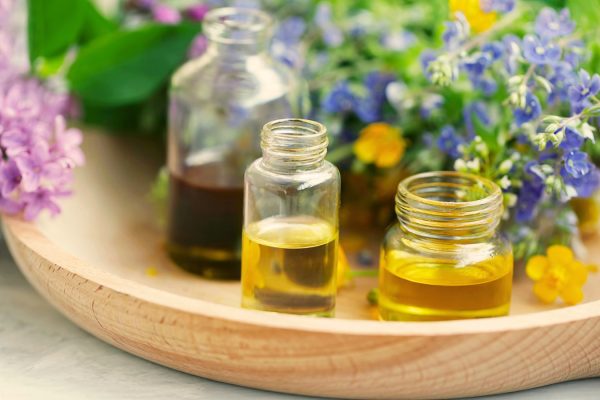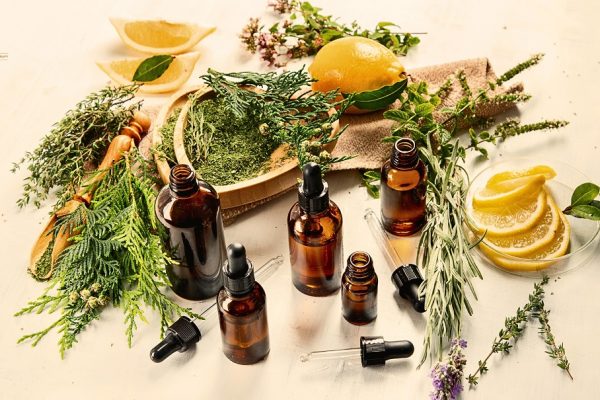The use of aromatics seems to be as old as human civilization as ancient books often reference the use of sacred herbs for their medicinal properties, and how they healed diseases fostering human life span. The history of Aromatherapy can be traced back to thousands of years when ancient civilizations used aromatic herbs in religious ceremonies, spiritual practices, healing purposes, beautification, etc. Its origin can be linked to the development and awareness of aromatics itself.
The age-old Aromatherapy has been creating harmony in life through holistic healing of the mind, body and soul. The practice includes the use of essential oils extracted from plants that can be used both internally and externally to infuse a new level of energy into the body.
As we dive into the magical history and origin of Aromatherapy let’s first briefly learn about its cultural significance. Read on!
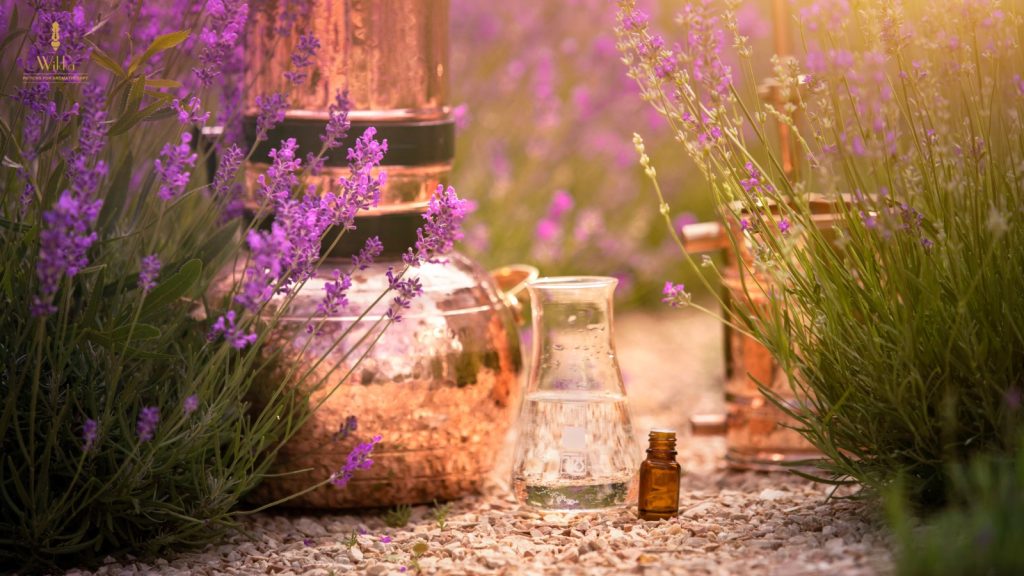
The Cultural Significance of Aromatherapy
In addition to its therapeutic benefits, the cultural significance of aromatherapy is deeply infused in diverse societies. Traditions, rituals and beliefs that have been passed down through the generations reflect humanity’s long-standing connection with the natural world and its deep appreciation for the healing powers of scents.
From the Middle East, and Asian countries to the European heritage, aromatic herbs are used for culinary purposes, spiritual gatherings, weddings, skincare, cleansing and even for relaxation and grounding.
For example, in Japanese culture, the concept of ‘kodō’ which means “way of fragrance” involves the appreciation of incense as a form of art and a spiritual practice. In the same way, Native American tradition uses sage smudging in purification ceremonies to demonstrate the spiritual importance of aromatics.
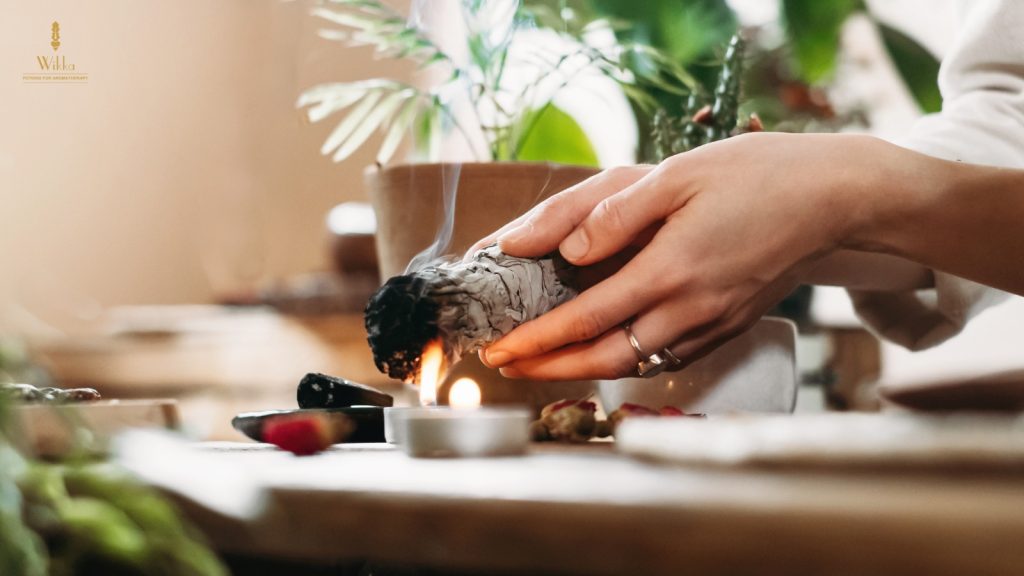
The Timeline & Evolution of Aromatherapy
The ancient practices of Aromatherapy can be found in ancient Egypt, China, parts of Europe, India, among Romans, weaving a promising future in collaboration with modern medicine.
Ancient Beginnings of Aromatherapy (3000-2000 BC):
The ancient Egyptians are known as the pioneers in this discipline for their immense contribution to the field. Not only did, they use aromatic and fragrant oils to perform religious ceremonies, spiritual practices, mysticism and cosmetics but also used it to embalm the dead for the mummification process. Their ancient practices include use of fragrant oils like myrrh, frankincense, cedarwood, juniper berry, cinnamon, etc for embalming purposes. The use of perfumes also played an important aspect in their culture as it was linked to religion and fragrant oils were used to anoint different deities as well.
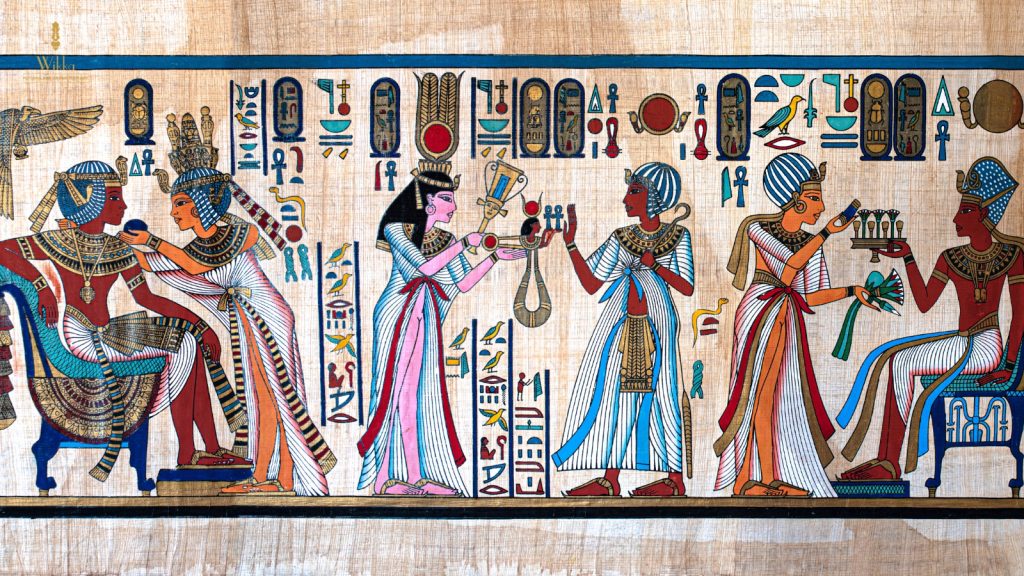
(1500-500 BC)
In ancient India, the miracle plants and herbs are mentioned in the Vedas (one of the oldest sacred texts). The hymns about the herbs depict the belief and divine order of their medicinal properties.
It is said that the Chinese had an advanced knowledge of herbal remedies as they had been practicing it for thousands of years. In traditional Chinese medicine, essential oils were applied through massage therapies for healing purposes.
The Ancient Greeks & Romans
It is said that they used a distillation process to extract essential oils from plants for various medicinal purposes. Hippocrates, the Greek physician spread his knowledge about the healing power of Nature through aromatic baths and massages using unfused oils. The healing effects of plants like sage, rosemary, and thyme were used to treat wounds of Roman soldiers.
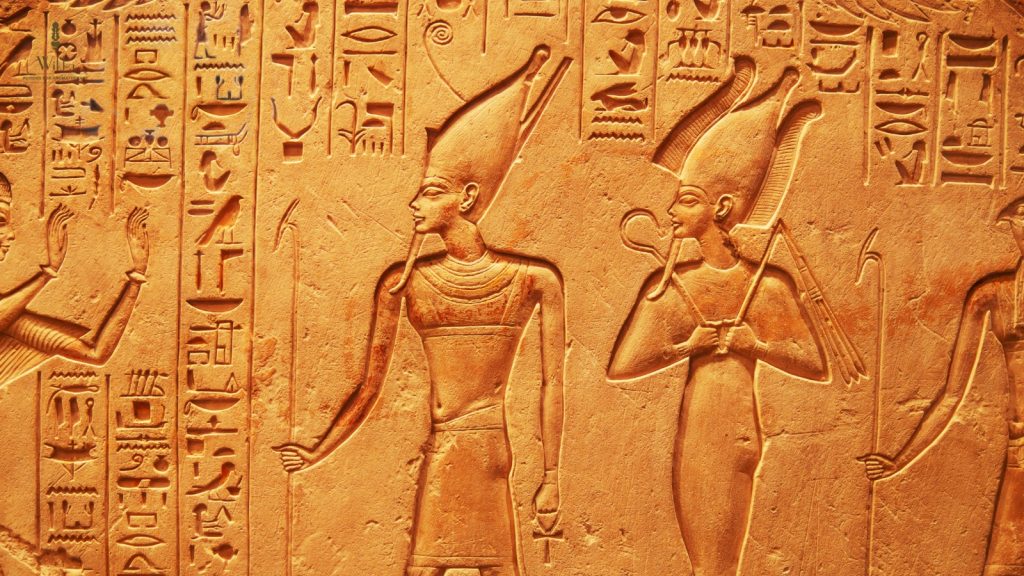
The Middle Age (14th century)
During this time in Europe, aromatics were widely used to combat the Black Death pandemic. Incense and herbs like juniper, rosemary, and frankincense were burnt to fight off the infection. Similarly, interest in the medicinal uses of essential oils and aromatics kept growing in medieval times as natural remedies felt like a safe haven. Even essential oil distillation was highly encouraged.
The Industrial Revolution & Modern Era
By this time various scientific research on essential oils were carried out in laboratories which led to mass production for commercial use. The medicinal uses of essential oils gained momentum and Aromatherapy as an alternative medicine gained worldwide popularity.

Over the years, Aromatherapy with its cultural significance, ritualistic process, and proven methods has transitioned into a more systemic, research-based discipline. As studies continue, Aromatherapy has paved a promising future for the world of science.

Aromatherapy in Modern Medicine
The continuous studies and researches are evident how Aromatherapy has gained recognition for its therapeutic benefits. Its effectiveness in reducing stress, enhancing sleep, relieving pain, and improving emotional well-being has also been tested in clinical trials. Thanks to the Aromatherapy Pioneers like René-Maurice Gattefossé, also known as the “Father of Aromatherapy,” Jean Valnet, Marguerite Maury, Robert Tisser, and so on who were responsible for discovering the healing benefits of essential oils, performing research, and advocating for inclusion of aromatherapy into mainstream healthcare.
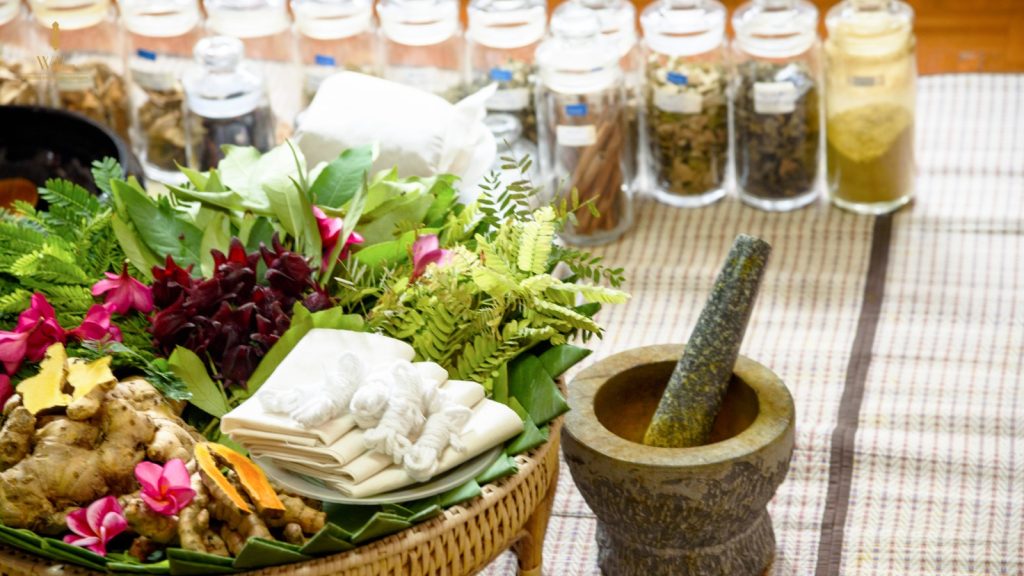
Future of Aromatherapy:
The practice of aromatherapy appears to have a bright future as more people extend towards natural healing practices. The medicinal potential of essential oils in a variety of applications is still being explored through continuous research and study.
In addition, as environmental awareness grows, a move towards the ethical and ecological sourcing of essential oils is emphasized to preserve cultural traditions and also promote the extraction of high-quality essential oils.
Learn more about potent and therapeutic-grade essential oils at www.wikka.in

